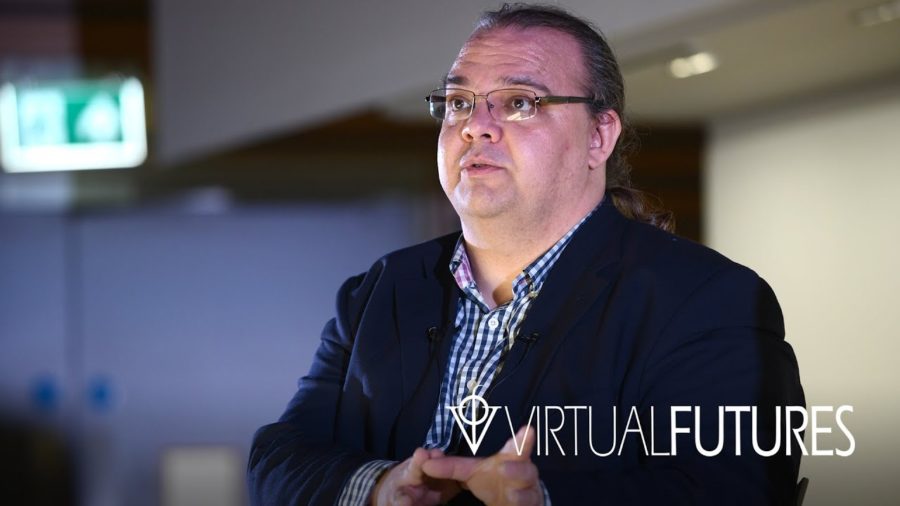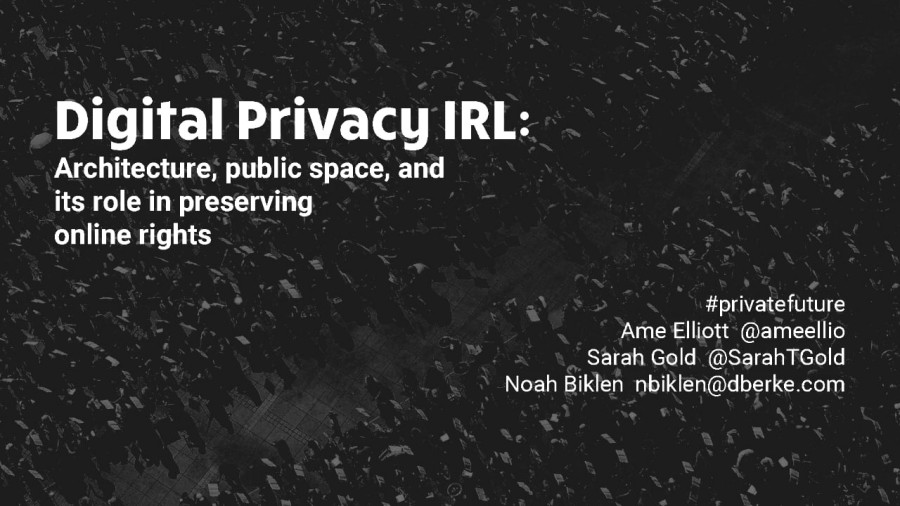We rarely think about the link between trust and progress and innovation, and how societies move forward. But when you start to think of it like that, you realize that trust is actually the key component not just for companies but any organization that wants human beings to try new things.
Archive
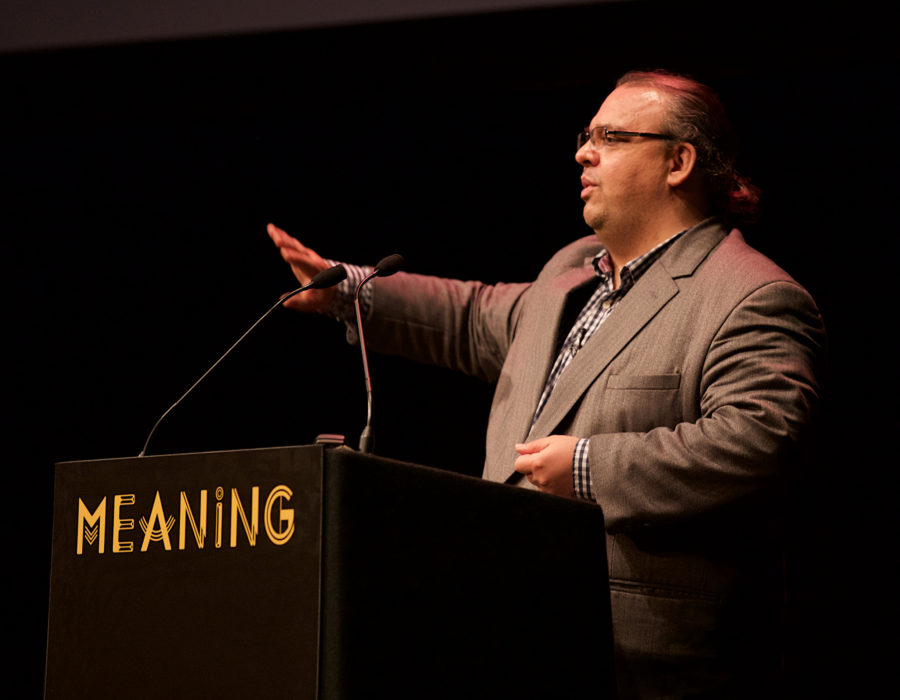
I was looking for the tools that you could use to solve global problems in an environment when the nation-state has turned out to be a very very ineffective set of machinery at all. So I’m going to talk a little bit about the technology. I’m going to talk a little bit about what it does and where it’s going. And then I’m going to try and tell a story about the kind of global long-term picture that we could get if this stuff actually works.
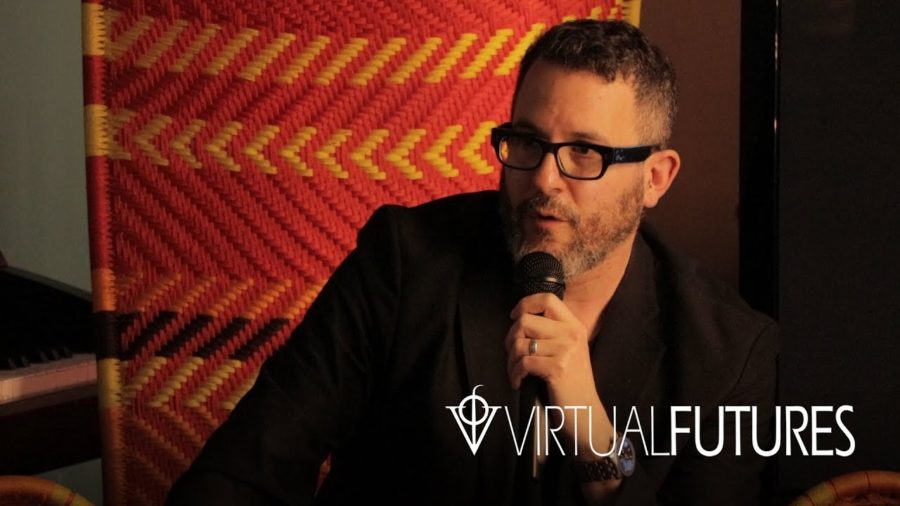
I am profoundly envious of people who get to write about settled domains or sort of settled states of affairs in human events. For me, I was dealing with a set of technologies which are either recently emerged or still in the process of emerging. And so it was a continual Red Queen’s race to keep up with these things as they announce themselves to us and try and wrap my head around them, understand what it was that they were proposing, understand what their effects were when deployed in the world.
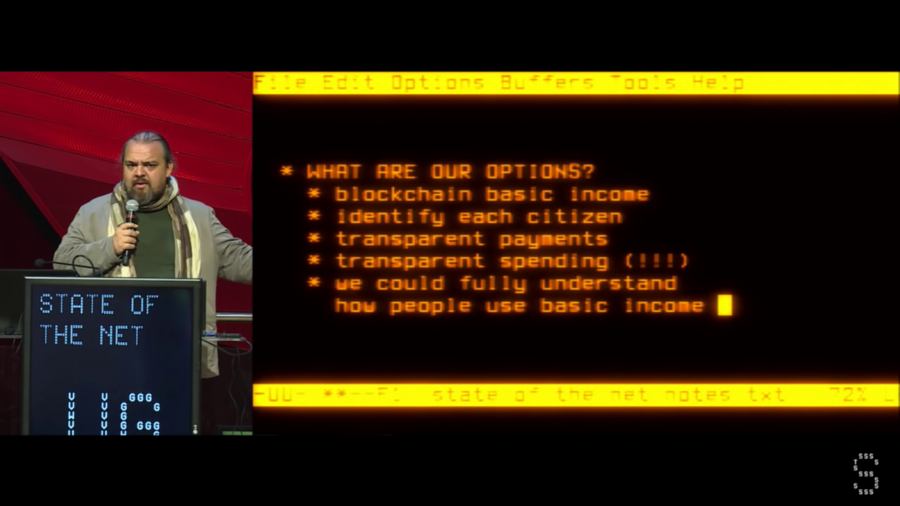
Everybody thinks of bureaucrats as being kind of a neutral force. But I’m going to make the case that bureaucrats are in fact a very strongly negative force, and that automating the bureaucratic functions inside of our society is necessary for further human progress.
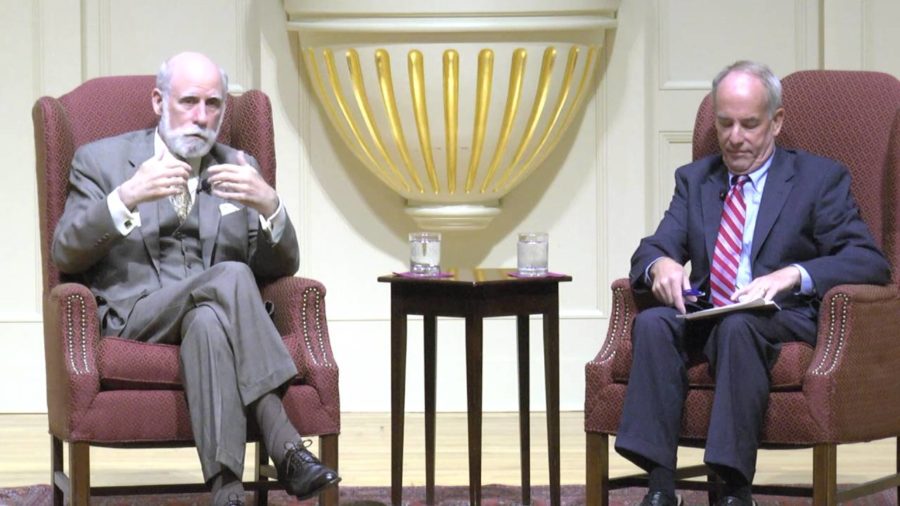
We’ve already been through several situations where new technologies come along. The Industrial Revolution removed a large number of jobs that had been done by hand, replaced them with machines. But the machines had to be built, the machines had to be operated, the machines had to be maintained. And the same is true in this online environment.


